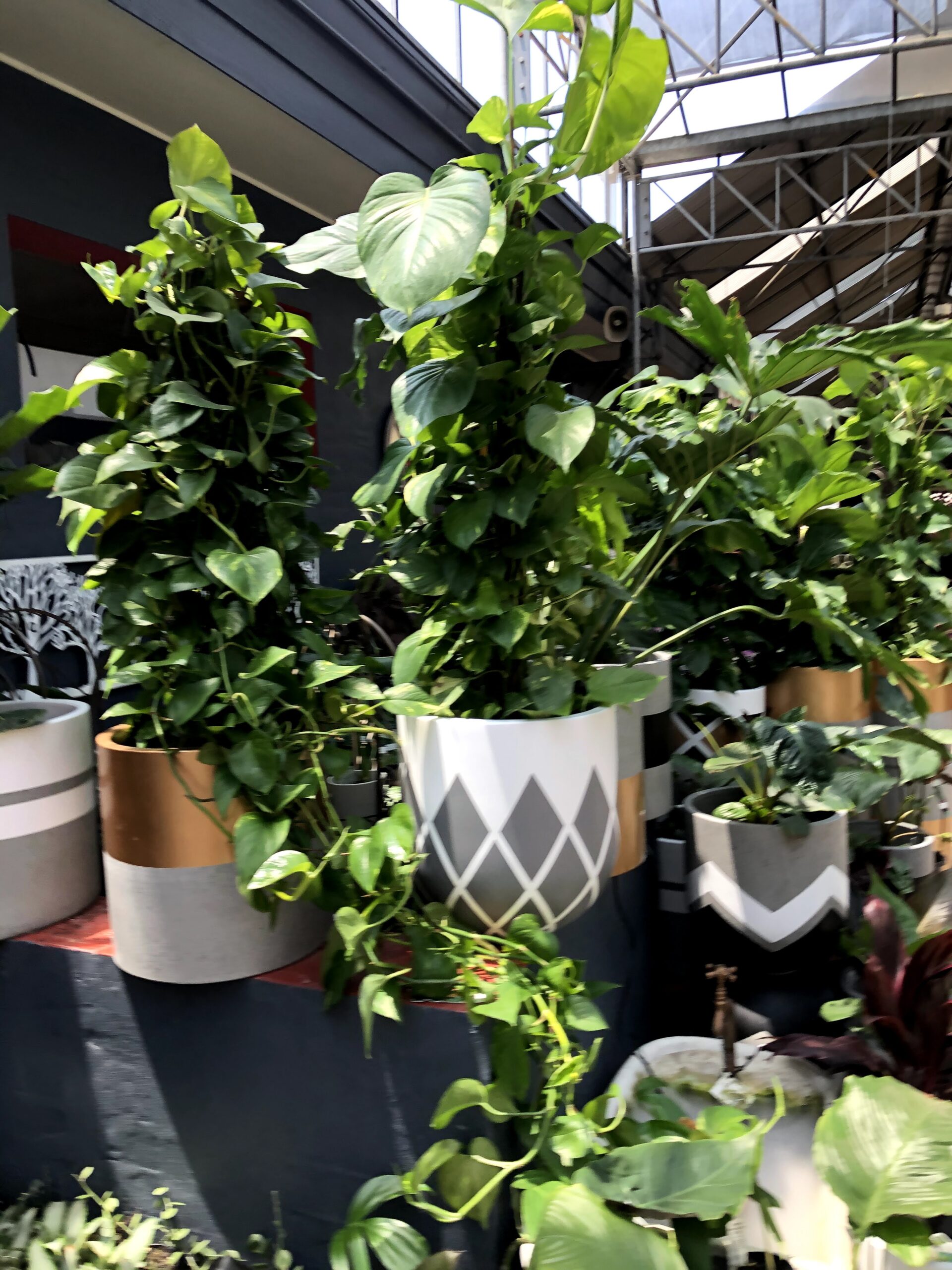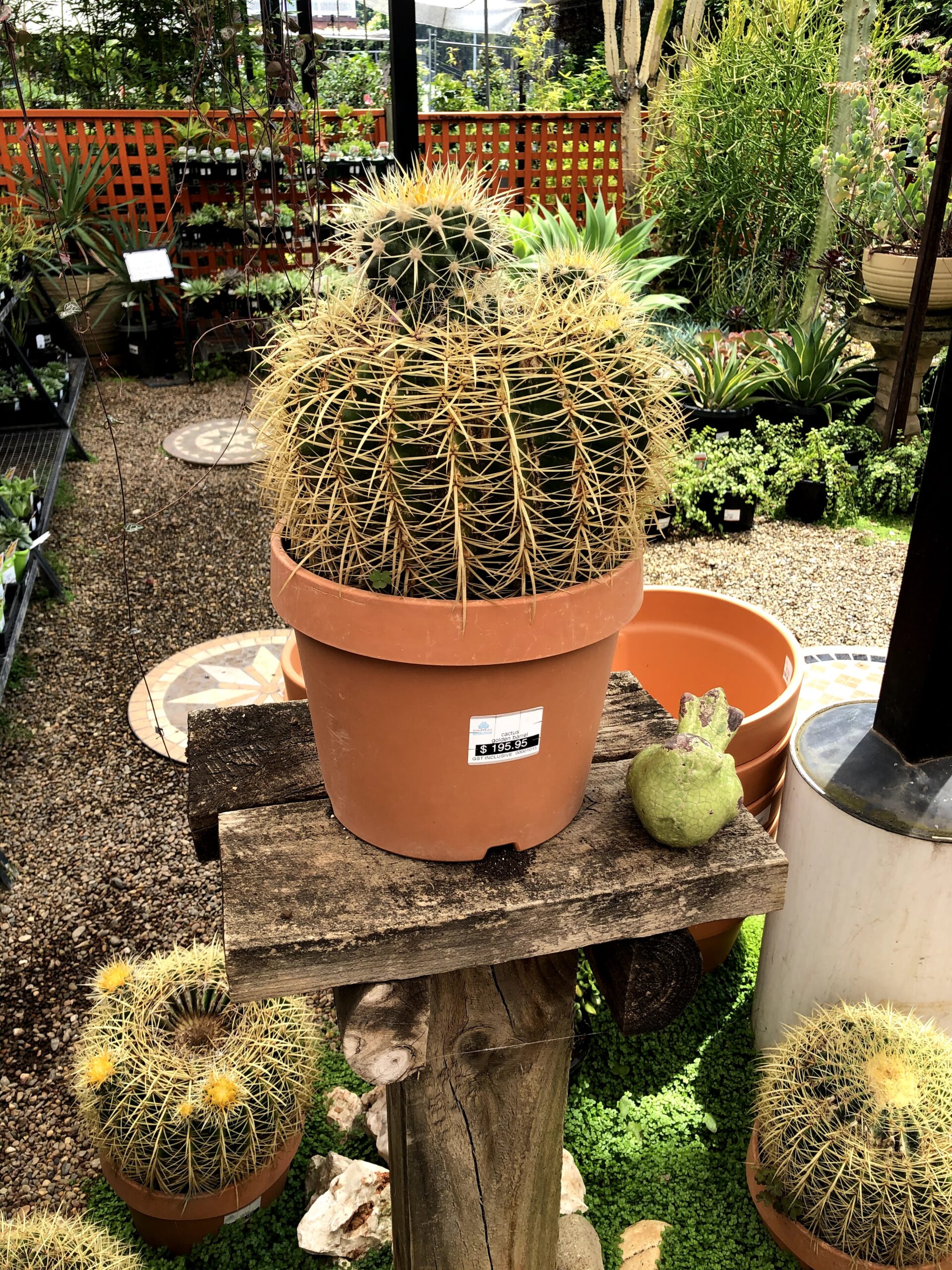Indoor plants are more than just decorative elements; they play a crucial role in enhancing our health and well-being. By bringing nature indoors, we not only beautify our living spaces but also reap significant physiological and psychological benefits.
Oxygen Intake and Its Role in Health
An average adult inhales about 550 liters of pure oxygen per day, which translates to approximately 11,000 liters of air at typical atmospheric conditions. The body needs oxygen to produce energy, sustain cellular function, and support brain activity. Adequate oxygen intake is essential for maintaining good health, cognitive function, and overall well-being. In terms of mass, this amounts to about 19 kilograms of oxygen per day.
Mental Health Benefits: Boosting Memory and Reducing Mental Diseases
Oxygen is vital for brain health. The brain, though it only represents about 2% of the body’s weight, consumes around 20% of the body’s oxygen. This oxygen is essential for the production of ATP (adenosine triphosphate), the energy currency of cells, which supports all cognitive processes, including memory, attention, and problem-solving.
Increased oxygen levels in the environment can help boost memory and cognitive functions by ensuring that brain cells have an ample supply of oxygen to perform optimally. Moreover, oxygen-rich environments have been linked to a lower risk of mental diseases such as dementia and depression. Indoor plants contribute to this by releasing oxygen and improving air quality, making them an essential part of a healthy indoor environment.
Psychological Benefits: Reducing Stress and Enhancing Mood
Indoor plants also offer significant psychological benefits. Studies have shown that the presence of greenery indoors can reduce stress, lower anxiety, and create a calming atmosphere. This effect is partly due to the improved air quality but also because of the innate human connection to nature, often referred to as biophilia. By bringing nature inside, plants help create a sense of peace and relaxation, contributing to better mental health and well-being.
Energizing Your Living Space
In addition to their calming effects, indoor plants can invigorate your living space by increasing energy levels and enhancing productivity. The improved air quality and increased oxygen levels that plants provide can help reduce fatigue, increase concentration, and boost overall vitality. This makes indoor plants especially beneficial in workspaces or study areas where mental alertness and energy are crucial.
Bringing the Outdoors In: The Practical Benefits
1. Bringing Nature Indoors: Indoor plants transform living spaces by adding a touch of nature, which can improve well-being by creating a sense of peace and relaxation in our homes.
2. Breathe Fresh, Live Fresh: Indoor plants act as natural air purifiers, removing toxins and pollutants from the air and enhancing the quality of the air we breathe. This leads to a healthier lifestyle and reduces the risk of respiratory issues.
3. Reduce Stress: The presence of indoor plants has been shown to lower stress levels, promote relaxation, and create a calming atmosphere. This can have a significant impact on mental health, reducing the risk of stress-related conditions.
4. Energize Your Home: By improving air quality and creating a refreshing environment, indoor plants can boost energy levels, improve mood, and enhance overall well-being.
Interested in Learning More?
If you are curious about the benefits of indoor plants, potential species to grow at home, and tips on rearing and caring for them, consider incorporating more greenery into your living space. Indoor plants are an invaluable addition to any home, improving air quality, reducing stress, and enhancing overall health and well-being

